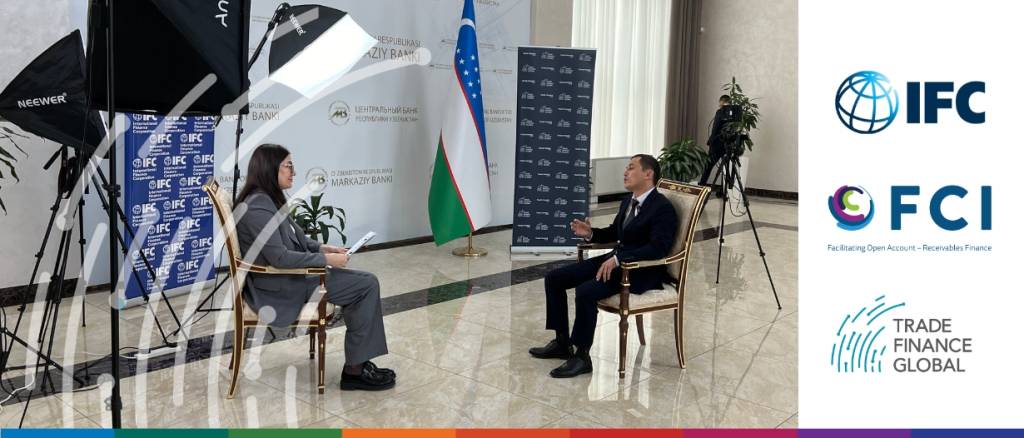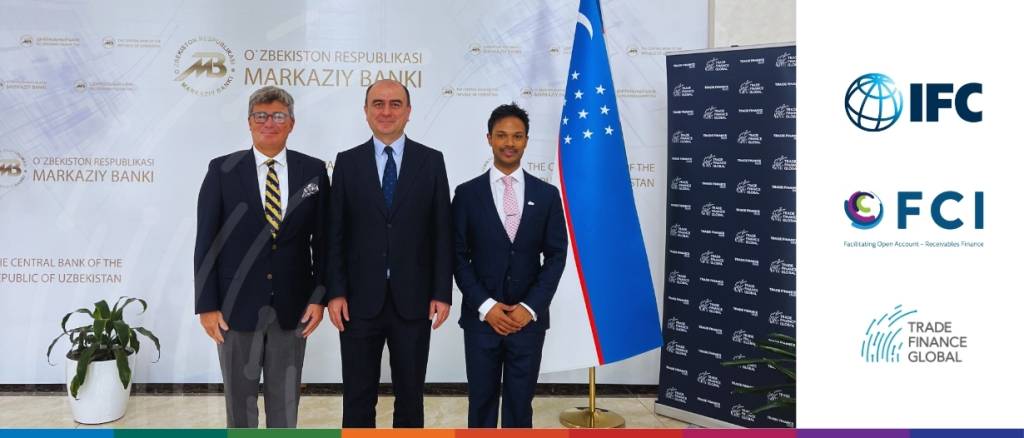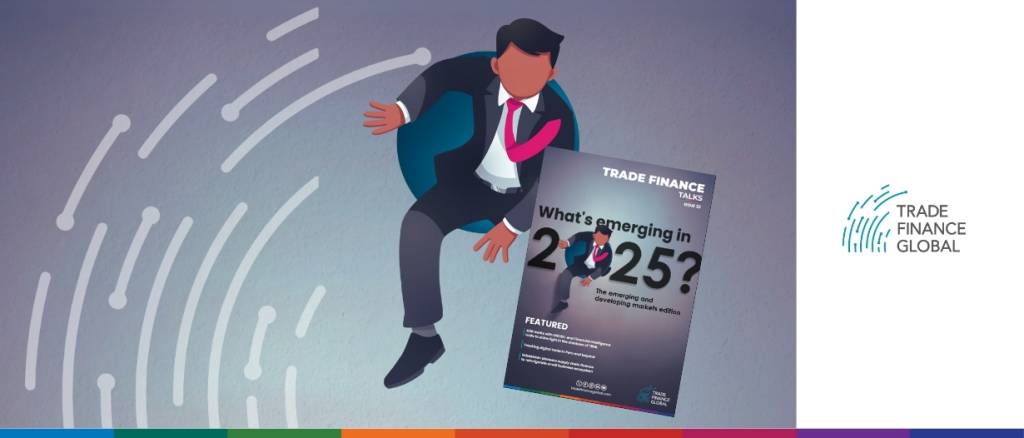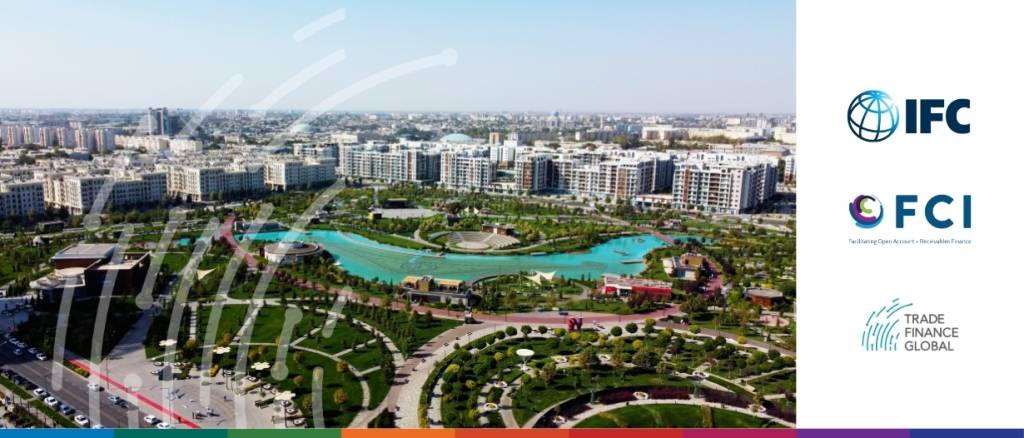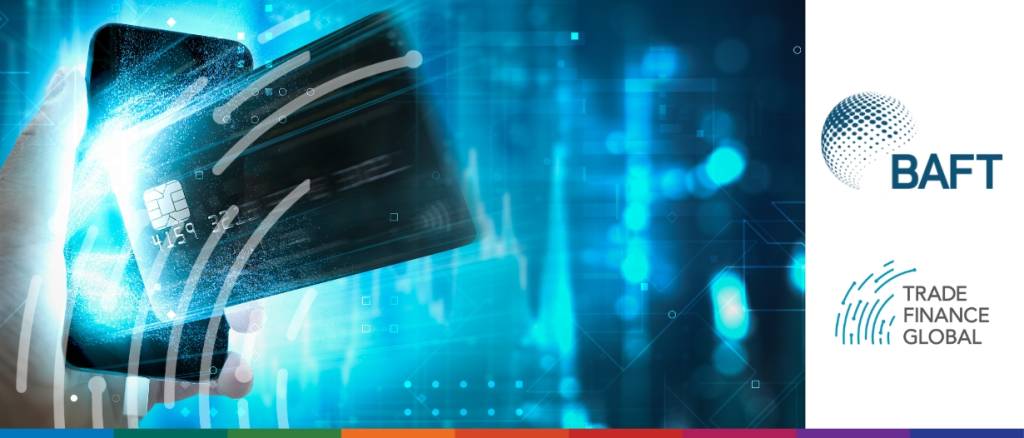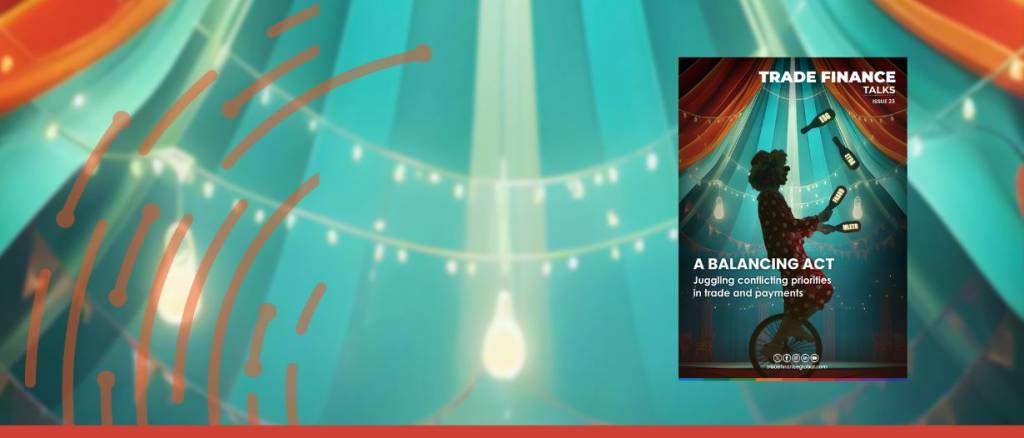To learn more about gender issues in trade, treasury, and payments, Trade Finance Global (TFG) spoke with Gwen Mwaba, Afreximbank’s Managing Director of Trade Finance and Correspondent Banking, at the annual Women in Trade Treasury and Payments event in London.
Capital investment can be vital for driving economic development, but on its own, it is rarely enough. True development requires robust financial systems that serve all trade participants and minimise… read more →
Uzbekistan, one of Central Asia’s major economies, is placing itself and the centre of growing regional trade by reintroducing factoring services to its banks. On behalf of Trade Finance Global… read more →
Having implemented significant reforms in recent years, Uzbekistan is stepping confidently into a future defined by financial inclusion and technological progress. Development and digitalisation of Uzbekistan’s banking system Uzbekistan’s 2020-2025… read more →
2024 in trade, treasury, and payments was characterised by volatility. Geopolitical tremors destabilised supply chains, sending shockwaves across global trade networks. Investor uncertainty compounded this, resulting in currency and risk rating fluctuations across the board.
At the FCI conference in Tashkent, Uzbekistan, Trade Finance Global spoke to Neil McKain, Country Manager for Uzbekistan at IFC, Davron Ismailov, CEO of Yangi Finance, and Sanjar Nosirov, Director of the Credit Institutions Regulation Methodology Department at the Central Bank of the Republic of Uzbekistan, to learn about the growth of cross-border and domestic trade within Central Asia and what factoring and supply chain finance can do to help.
The conversation surrounding real-time payment systems is evolving quickly, and nowhere is this more evident than in the dynamic between RTP (Real-Time Payments) and FedNow, two significant players within American… read more →
In 2024, the year of dramatic elections, tectonic shifts in governing power, and heightened tensions worldwide, Sibos attendees are keeping their eyes squarely on the road ahead. This year’s theme,… read more →
The traditional, paper-heavy processes that once dominated the trade finance industry are now being replaced by innovative, automated systems designed to streamline operations, enhance efficiency, and reduce costs. This digitalisation… read more →
It’s hard to ignore the continued growth and influence coming out of Asia for trade. Asia’s trade growth continues to surge, with the Asian Development Bank (ADB) forecasting 5% growth in 2024, driven by strong domestic demand and recovering exports. Regional integration and modern trade agreements are enhancing resilience in key sectors like food and technology. Asia also benefits from rising demand for tech exports, particularly semiconductors, driven by AI. However, risks such as geopolitical tensions and protectionism remain.

















